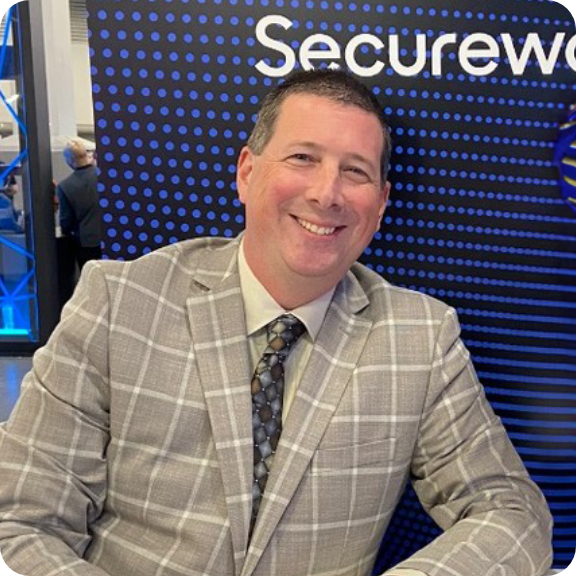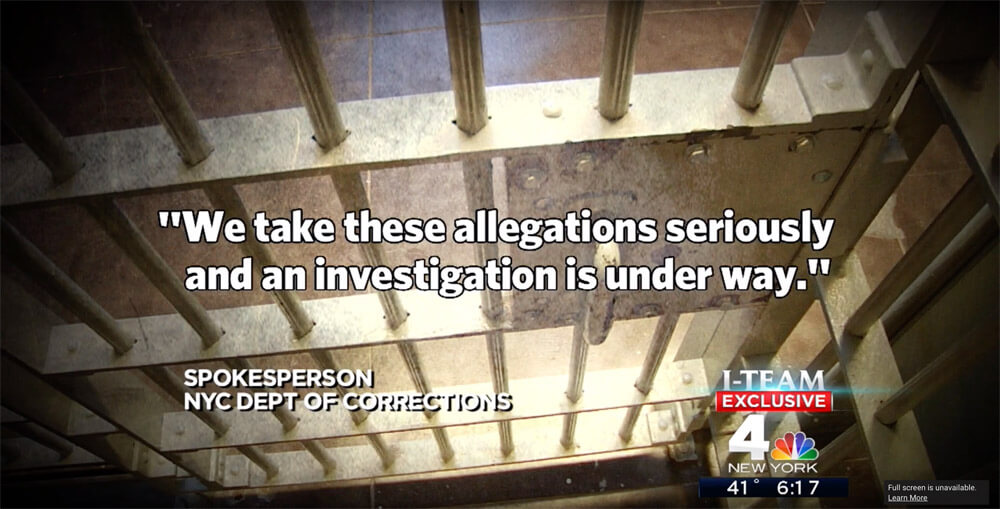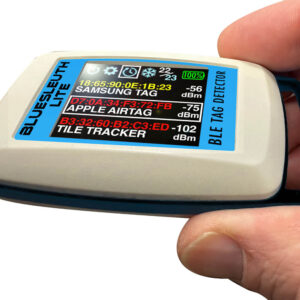Your cart is currently empty!
Rikers Island Contraband Fail
Rikers Island Contraband Fail
Over the past few years, Rikers Island has been making headlines for the wrong reasons. This past week, a panel convened and finally announced plans to shut down Rikers. But how did we get here? Amidst its many problems, Rikers Island suffered from glaring contraband fails.
Listed among the 10 Worst Prisons in America, Rikers Island continues to churn out headlines especially while cracking down on corruption. This time in the form of 17 arrests including inmates and corrections officers. Last year, Mayor Bill de Blasio unveiled a plan to crack down on the insurgence of contraband and other weapons, as well as the separation of gang-affiliated inmates. He commissioned Joseph Ponte to clean up the contraband failures plaguing Rikers Island.
It all begins with a single phone
Though they may have close contact with guards all day, prisoner’s number one tool for importing contraband is a common cell phone. Initially, they can get one through a family visitation, legal council or even by drone. But once they have one smartphone, the request for more phones, weapons and drugs is as easy as ordering a pizza. This is because cell phones are more than just contraband, they are integral to the orchestration of all contraband entering any prison.
Commissioner Ponte knows this which is why he said “And today we are launching a dedicated team to monitor inmate phone calls; adding broader K-9 searches; and expanding Intel sharing from phone monitoring with DOI.” when the initiative was launched last year. Since then, a 48% increase in contraband has been discovered in city jails. So has his plan worked? Yes and no.
Prevention is the Key
Anyone in the field of criminal investigations or corrections will tell you that prevention is the key. Inmates need to be disciplined and guards need to be armed and trained but if cell phones weren’t in the facilities to begin with, most of these incidents wouldn’t ever have taken place. Guards wouldn’t be bribed or intimidated as much. Outside of the prison, judges, jurors and the public at large wouldn’t become targets for extortion or violence. And on the inside, drugs, weapons and more phones couldn’t be ordered and smuggled in nearly as easily without contraband phones.
Commissioner Ponte mentions K-9 teams consisting of trainers and their highly sensitive dogs that sniff out drugs and cell phones. But the combination of trainer and dogs can cost thousands for a single day’s use. Results are only based upon contraband that is discovered. When dogs are brought into prisons, the population can hear them long before they arrive at their cells. This offers plenty of time for inmates to stash or flush contraband away. So very little prevention or seizure is actually occurring in these cases.
Commissioner Ponte also mentioned X-ray machines but they are expensive and require medical personnel to operate, maintain and interpret results. Inmates have been known to swallow or hoop (hide contraband in one’s body cavity) just about anything to avoid getting caught. Fortunately, low cost (much cheaper than x-ray machines and technicians) technology such as SentryHound (as seen in video above) are available to detect cell phones ON or OFF hidden inside clothing or even body cavities.
Riders Island’s contraband woes are anything but isolated. But that doesn’t mean all prisons suffering from contraband issue require a shutdown either. Affordable technology and better policies can be implemented now to address issues before shutdowns are required.

Scott Schober
CEO | Author | Speaker at Berkeley Varitronics Systems
Scott Schober presents at cybersecurity and wireless security conferences for banking, insurance, transportation, construction, telecommunications and law enforcement industries. He has overseen the development of dozens of wireless test, security, safety and cybersecurity products used to enforce a “no cell phone policy” in correctional, law enforcement, and secured government facilities. Scott regularly appears on network news programs including Fox, Bloomberg, Good Morning America, CNN, MSNBC, NPR and many more. He is the author of 'Senior Cyber', 'Cybersecurity is Everybody's Business' and 'Hacked Again', the “original hacker’s dictionary for small business owners” - Forbes Magazine.
Our Newsletter
Lorem ipsum dolor sit amet, consectetur adipiscing elit. Aliquam mattis ligula vitae leo scelerisque, sit amet feugiat ex venenatis.
"*" indicates required fields
Latest Posts
Our Best Sellers
How can we help?
Lorem ipsum dolor sit amet, consectetur adipiscing elit. Nunc dictum aliquet justo sit amet consectetur. In tempor lobortis ante vitae ornare. Praesent feugiat magna at tempor consequat. Aenean in iaculis libero, aliquam imperdiet mi.










Leave a Reply